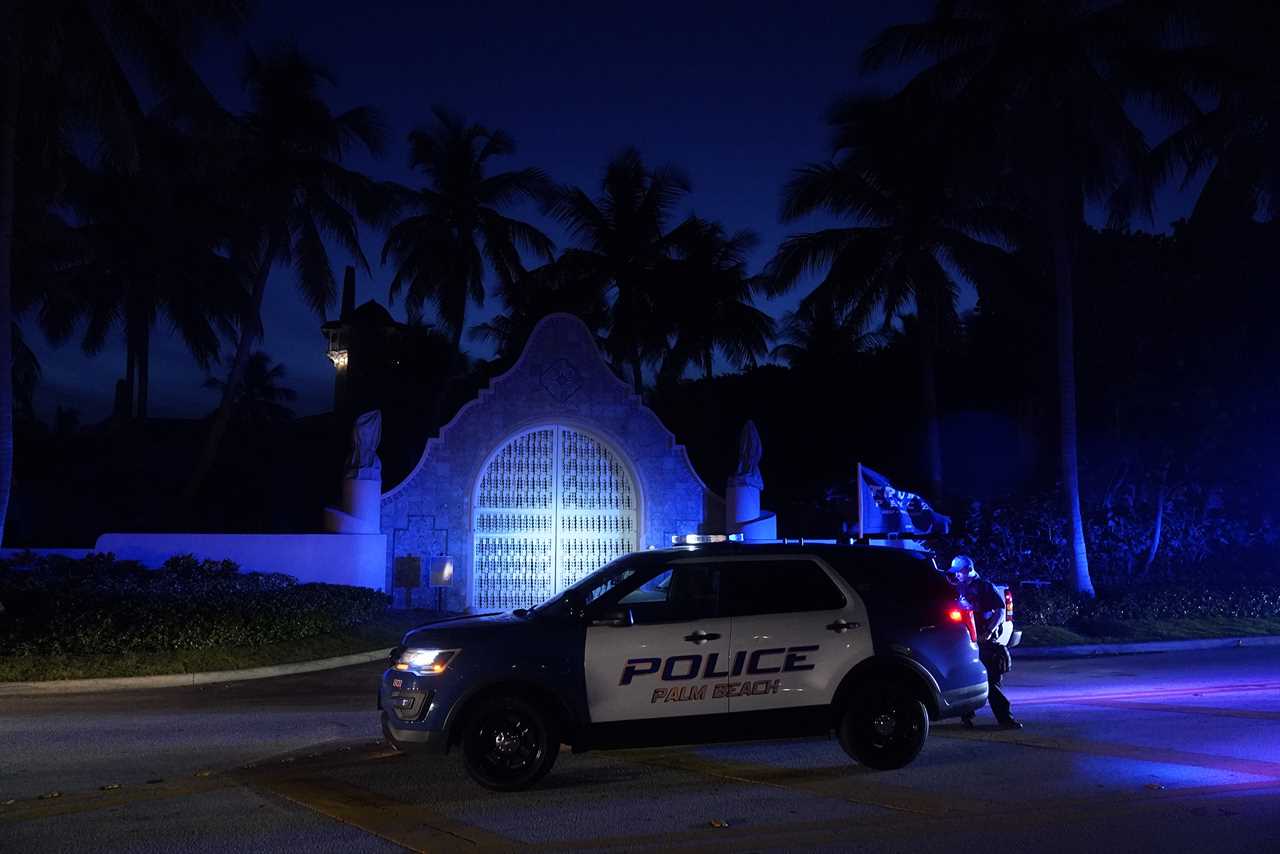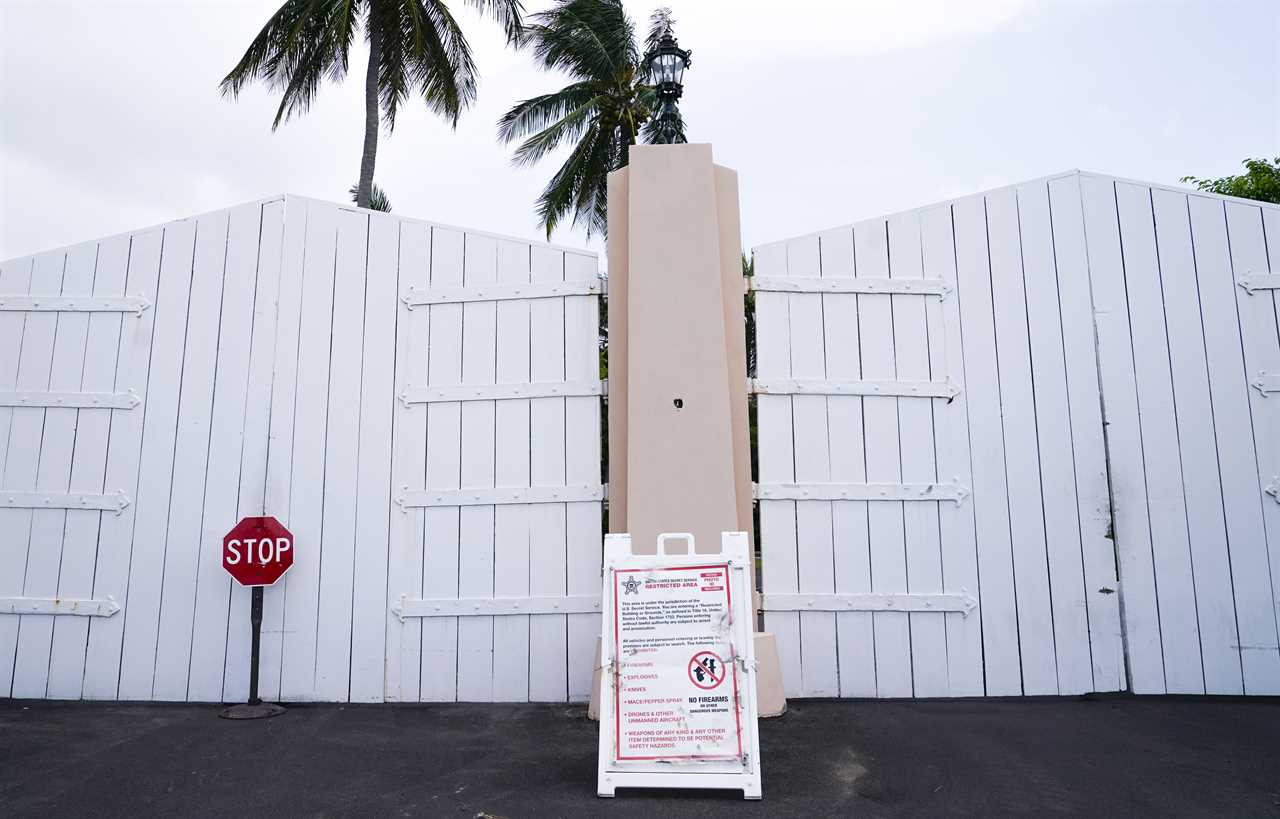
The search warrant executed at Donald Trump’s club in Florida Monday has triggered much speculation about what the FBI was looking for in his personal safe. One thing that should not be in doubt in any longer, however, is Attorney General Merrick Garland’s willingness to go after the former president.
The unprecedented search of the private residence of a former president (not to mention one who might still choose to run for office again) is such a dramatic event that it suggests Garland has reached some level of comfort with the idea of charging Trump with a federal crime. As a former federal prosecutor, I do not believe Garland would have authorized the application for this warrant if he thought there was not at least a very high likelihood that incriminating evidence would be found and that it would be sufficient to build a case against Trump.
We need to remember that earlier this year officials retrieved boxes of materials from Mar-a-Lago that they said should have been turned over to the National Archives before Trump left office. According to reporting from CNN, investigators became aware of the existence of more such documents during a visit to Mar-a-Lago in June. But instead of simply taking these documents as officials had done previously, or subpoenaing Trump for the documents, investigators took the more serious step of requesting a search warrant. This suggests that officials at the Department of Justice did not think they would get all the documents in Trump’s possession if they filed a subpoena.
There is much we still don’t know about what the agents were looking for and what they found, but the process of applying for and receiving permission for the warrant indicates the significance of what happened Monday.
Typically, I would advise a client that an FBI search at your home means that you will likely face charges. That’s because a federal judge determined that there was good reason to believe a federal crime was committed and that evidence of the crime was in your home. To be clear, the execution of a search warrant doesn’t necessarily mean that the evidence points to the owner of the home as the person who committed the crime. It just usually works out that way.

To obtain the warrant, the DOJ had to present a detailed affidavit to a judge walking through the evidence they have that a crime was committed and providing some reason to believe evidence of that crime is at Mar-a-Lago right now. I emphasize “right now” because the government needs to show that there was probable cause to believe that evidence of the crime was present at Mar-a-Lago at the time of the search. It is extremely unlikely that a judge would approve a warrant based on stale evidence that had been received many months ago. The Justice Department also would act in the most conservative, cautious manner given the enormous stakes for the Department’s reputation and the nation as a whole.
Law enforcement doesn’t need to specify the exact documents they believe to be in the safe; they would describe them in general terms, but they would be very specific about the location and the reason they believe the documents are where they say. I suspect that the FBI has been in contact with someone familiar with Mar-a-Lago or close to Trump — possibly an employee or an associate — who was able to say with confidence that evidence was contained at Mar-a-Lago and specifically in Trump’s safe. That’s what I would be concerned about if I were Trump’s defense attorney.
The nature of the possible charges is also very unclear. Recent reporting from both the New York Times and the Associated Press indicates the search warrant is related to classified material taken from the White House by Trump when he left office. But we know that mishandling classified documents only rarely results in charges.
James Comey was right when he testified that the DOJ typically does not prosecute cases involving the mishandling of classified material unless that material was deliberately transferred to a third party. That suggests to me that there is something important — call it a plus factor — we don’t know here. People on the right have rushed to judgment and are already saying, “This is just a docs case.” But we don’t know that. In fact, there is reason to believe it is more than that.
To be clear, if current reporting by the Times and AP is accurate, this is not about the fake electors scheme uncovered by the Jan. 6 committee that also involves Trump. That is a separate issue and it’s not clear whether records related to that scheme were at Mar-a-Lago. The FBI could seize evidence of other crimes in plain view, but unlike narcotics, the evidentiary value of documents is often not apparent at first sight. It is also possible that the FBI interviewed employees and others during the search. That is a common tactic.
The bottom line is that we don’t know enough yet to understand what this relates to and how serious of jeopardy Trump is in. But you don’t need me to explain to you that the Feds executing a search warrant at Trump’s residence should be alarming to him. It signals that he is under criminal investigation and that DOJ had a very good reason to seize materials from his home.
----------------------------------------
By: Renato Mariotti
Title: Opinion | The One Thing That Is Very Clear from the Search of Trump’s Home
Sourced From: www.politico.com/news/magazine/2022/08/10/garland-trump-fbi-florida-00050586
Published Date: Wed, 10 Aug 2022 03:30:00 EST






